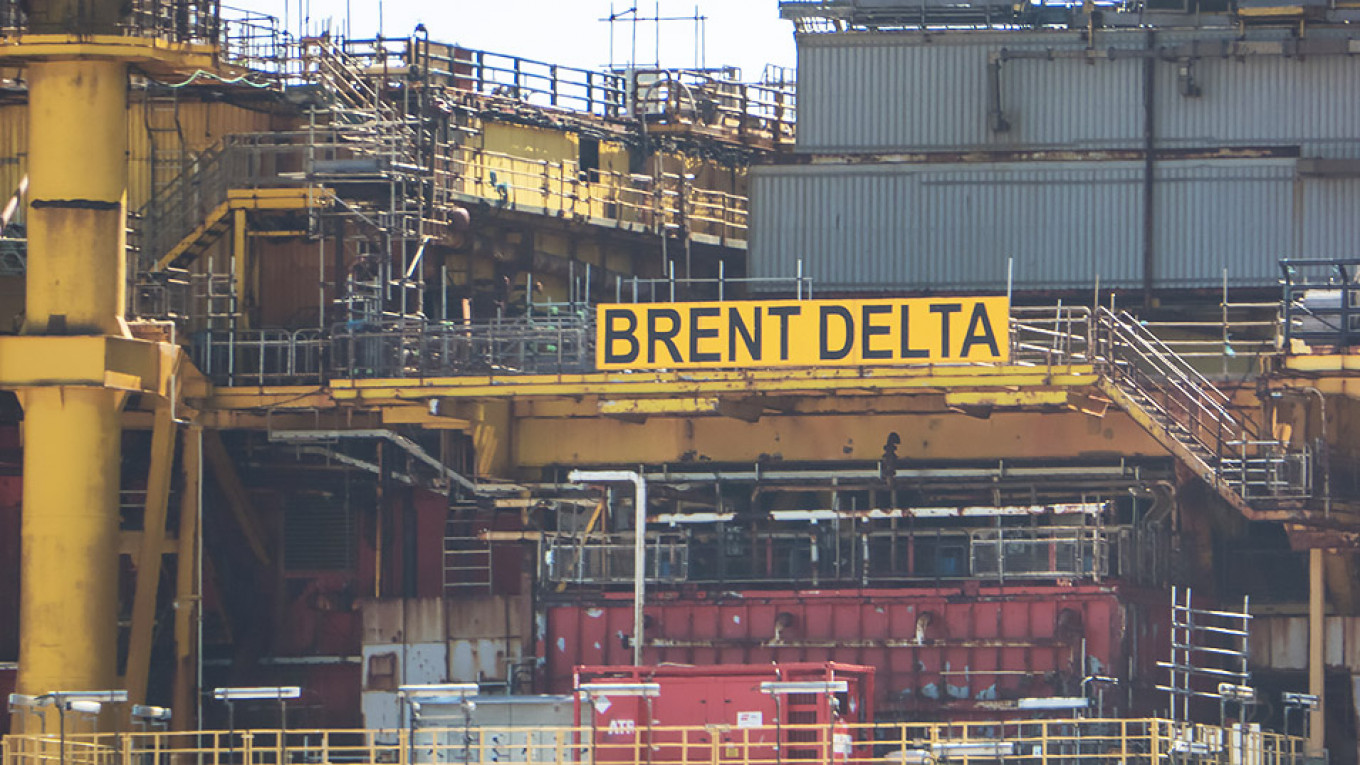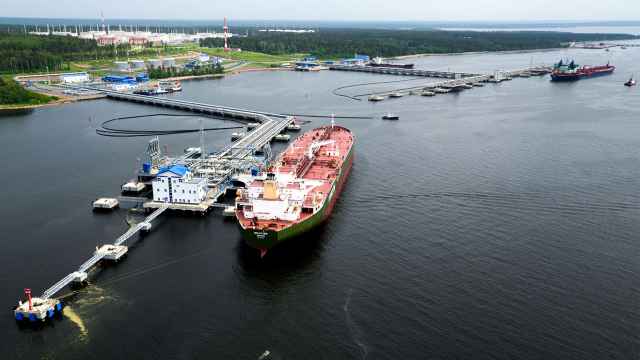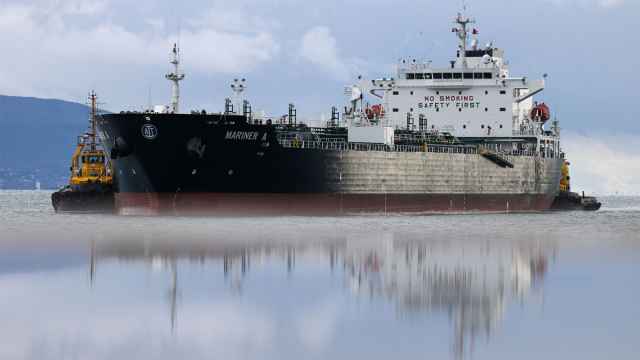Brent oil rose above $75 per barrel on Thursday for the first time this year as quality concerns forced the suspension of some Russian crude exports to Europe, while the United States prepared to tighten sanctions on Iran.
Poland and Germany have suspended imports of Russian crude via the Druzhba pipeline, citing poor quality. Trading sources said the Czech Republic had also halted purchases.
The pipeline can ship up to 1 million barrels per day, or 1 percent of global crude demand, with around 700,000 barrels per day of flows suspended, according to trading sources and Reuters calculations.
U.S. attempts to drive Iranian oil exports down to zero also boosted prices.
The United States this week said it would end all exemptions for sanctions against Iran, OPEC's third-largest producer, demanding countries halt oil imports from Tehran from May or face punitive action from Washington.
The U.S. decision comes amid supply cuts led by the Organization of the Petroleum Exporting Countries since the start of the year aimed at propping up prices.
Still, Brian Hook, U.S. special representative for Iran and senior policy adviser to the secretary of state, said on Thursday "there is plenty of supply in the market to ease that transition and maintain stable prices".
Consultancy Rystad Energy said Saudi Arabia and its main allies could replace lost Iranian oil.
"Saudi Arabia and several of its allies have more replacement barrels than what would be lost from Iranian exports," said Rystad's head of oil research, Bjoernar Tonhaugen.
"Since October 2018, Saudi Arabia, Russia, the UAE, and Iraq have cut 1.3 million barrels per day, which is more than enough to compensate for the additional loss," he added.
On the supply side, U.S. crude production has risen by more than 2 million bpd since early 2018 to a record of 12.2 million barrels per day currently, making the United States the world's biggest oil producer ahead of Russia and Saudi Arabia.
A Message from The Moscow Times:
Dear readers,
We are facing unprecedented challenges. Russia's Prosecutor General's Office has designated The Moscow Times as an "undesirable" organization, criminalizing our work and putting our staff at risk of prosecution. This follows our earlier unjust labeling as a "foreign agent."
These actions are direct attempts to silence independent journalism in Russia. The authorities claim our work "discredits the decisions of the Russian leadership." We see things differently: we strive to provide accurate, unbiased reporting on Russia.
We, the journalists of The Moscow Times, refuse to be silenced. But to continue our work, we need your help.
Your support, no matter how small, makes a world of difference. If you can, please support us monthly starting from just $2. It's quick to set up, and every contribution makes a significant impact.
By supporting The Moscow Times, you're defending open, independent journalism in the face of repression. Thank you for standing with us.
Remind me later.







